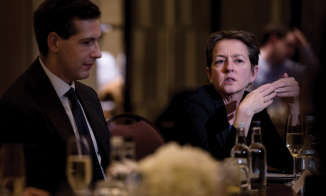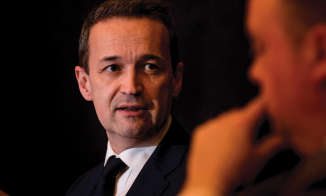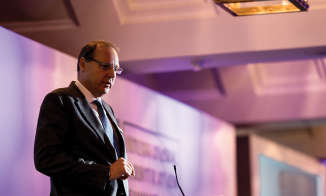LB: What was the background to the merger talks?
Therese Pritchard (TP): I started it. It’s my fault. In February of 2017, I was interested in strategic growth. So looking for a firm that had the same culture and practice areas that are successful or where they were interested in growing. I did some reading. I saw enough that looked interesting that it was worth a call to Lisa. One chat led to another and eventually we invited more partners to the discussions and decided this looked like a great fit. Continue reading “Eyes on ‘the prize’ – BCLP’s leaders on going all-in for transatlantic union”
















